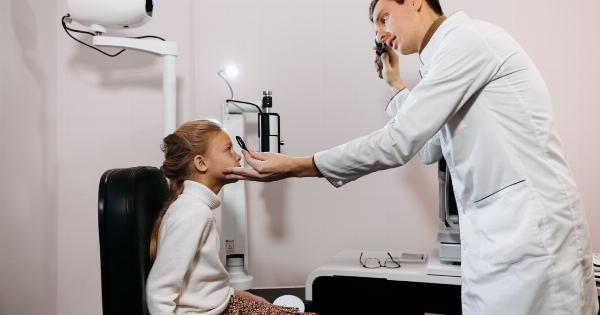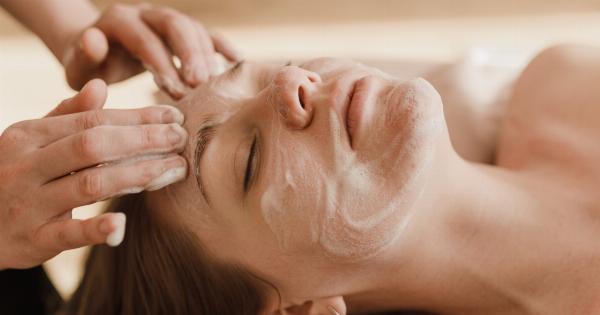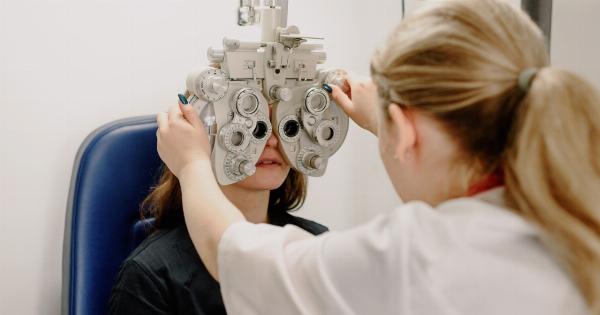It can be disconcerting to see someone asleep with their eyes wide open. Many people wonder why some individuals do this, and if it is a cause for concern. In this article, we will explore the reasons why some people sleep with their eyes open.
What is sleeping with eyes open?
Sleeping with eyes open, also known as nocturnal lagophthalmos, is a condition where an individual sleeps with their eyes at least partially open.
While it may not seem like a serious issue, it can lead to a number of problems, including dry eyes, blurry vision, and increased sensitivity to light.
Causes of sleeping with eyes open
1. Facial paralysis
One of the most common causes of sleeping with eyes open is facial paralysis. This is typically due to damage to the facial nerve, which can be caused by a number of factors, including injury, infection, or a tumor.
When the facial nerve is unable to function properly, the muscles that control the eyelids may be affected, causing the eyes to remain open during sleep.
2. Eye surgery
Another common cause of sleeping with eyes open is eye surgery. In some cases, individuals who have undergone certain types of eye surgery, such as LASIK or cataract surgery, may find that they are unable to fully close their eyes during sleep.
This is because the muscles that control the eyelids may have been altered during the surgery.
3. Genetics
In some cases, sleeping with eyes open may be the result of genetics. Certain individuals may inherit certain traits that make it more difficult for them to fully close their eyes during sleep.
Treatment options
If you or someone you know is experiencing nocturnal lagophthalmos, there are a number of treatment options available. Some of the most common treatments include:.
1. Eye drops or ointments
These can help keep the eyes moist and prevent dryness and irritation. They may need to be used regularly, even during waking hours, to ensure adequate lubrication of the eyes.
2. Eye masks or goggles
These can be worn during sleep to help keep the eyes closed. They may be particularly helpful for individuals who sleep with their eyes open due to facial paralysis.
3. Surgery
In severe cases, surgery may be required to correct the underlying cause of the problem. For instance, if facial paralysis is the cause, surgery may be necessary to repair the damaged facial nerve.
Conclusion
Sleeping with eyes open can be a strange and unsettling experience, but it is not necessarily a cause for concern. In most cases, it can be easily treated with the appropriate measures.
If you or someone you know is experiencing nocturnal lagophthalmos, it is important to seek the advice of a medical professional to determine the underlying cause and explore potential treatment options.


























